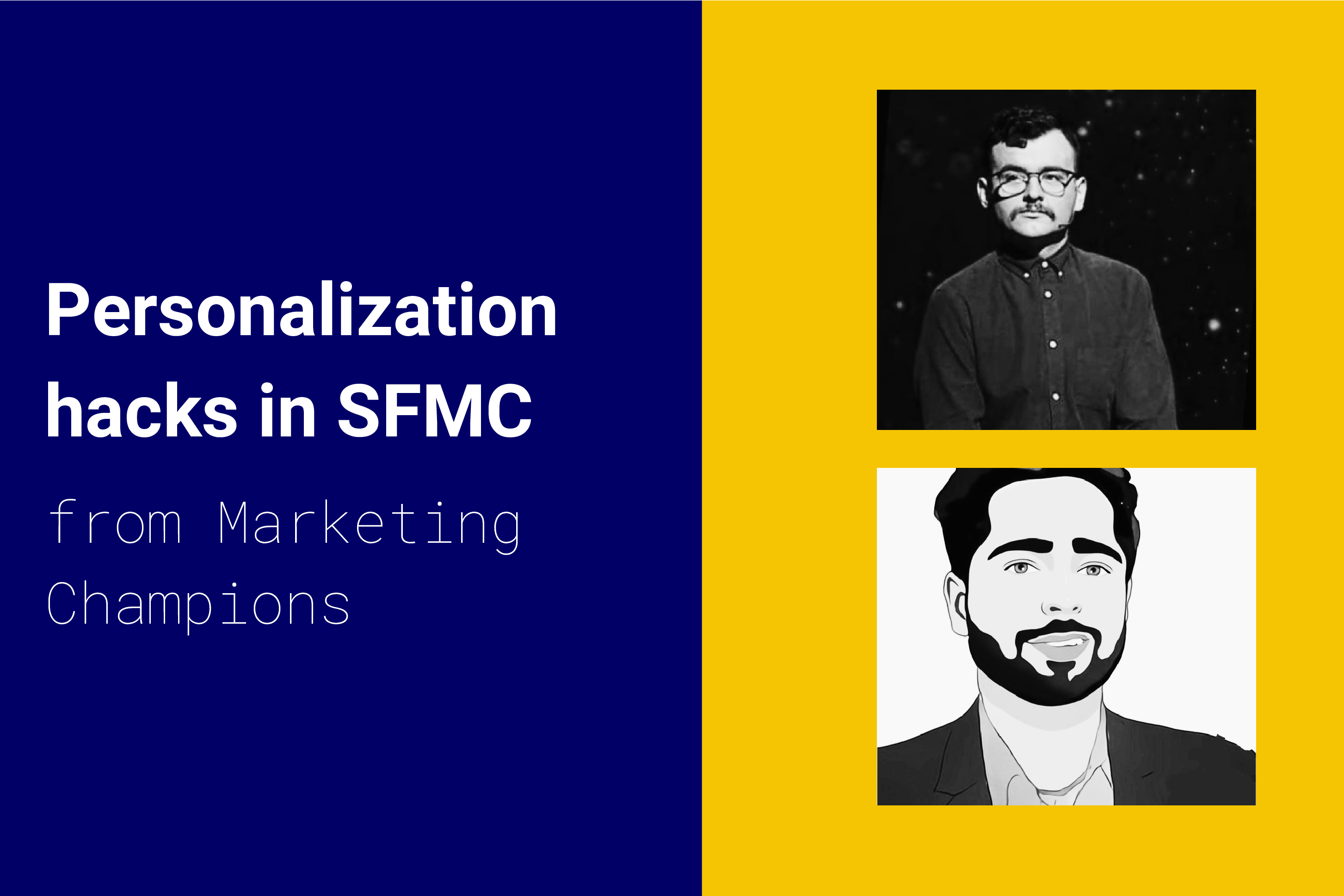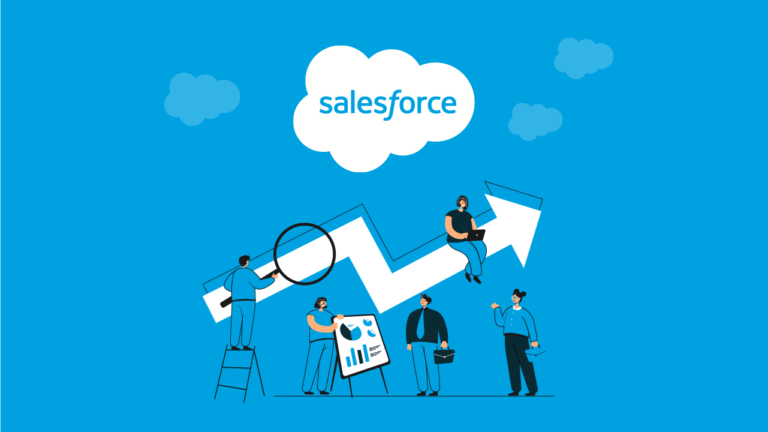Why are marketers obsessed with personalization? There are three burning reasons:
- It’s the opportunity to have one-to-one interactions with each customer.
- From the customer’s perspective, it feels much more like we (brands) are listening to them, welcoming their engagement.
- In preparation for a cookie-less world, you really should know your customer.
We spoke with Marketing Cloud professionals to understand their go-to solutions for personalization in SFMC. Here are the tips they shared.
Aman Batra
Director at Genetrix Technology and Salesforce Marketing Champion
It’s not too late
“First-party data is always reliable for segmentation and personalization. But sometimes, lacking first-party data can become a pain for marketers. That’s the best time to do some out-of-the-box thinking.
While working for a healthcare client, we wanted to send an email to a set of contacts. The email was to have the location of a nearby medical facility. But the dataset we were going to target did not contain location information.
After some investigation, we found that this data set had already received some promotional and transactional emails in the past month.
The automation studio tracking extract came to the rescue. We ran a tracking extract for the last three months and included geo-location. The extract came to the FTP, and we imported it back into a Marketing Cloud data extension.
As expected, the extract had most of our target contacts and their geo-information like IP Address, Region, Country, City, Latitude, Longitude, Metro Code, and Areacode.
We successfully used this information to recommend nearby medical facilities.”
There’s some more info on tracking extract here.
Michał Rzepka
Senior Salesforce Marketing Cloud Technical Consultant, Cloudity
Let the fallback have your back
“We all know personalization is excellent – unless it’s missing critical elements. When blazing the trail, prepare yourself for any unpredictable circumstances. Regarding data quality, do your best—try and foresee the unforeseen.
Imagine having the perfect, personalized opening line of your email like “%%FirstName%%, check out our top three summer picks.” If the value of FirstName is missing for some subscribers, you will end with an awkward sentence starting with a comma that spoils the joy of your meticulously crafted design. Don’t worry because, as the old saying goes – ‘there’s an AMP for that!’
Add just two more ingredients to the mix – an Empty() function that will check if the FirstName holds a value and an Iif() – inline if clause that will provide the fallback. I’m a huge fan of handy one-liners like this one: %%=Iif(Empty(FirstName), ”Hello”, FirstName)=%%.
Now there might be a situation where you would rather not send at all than sending with the crucial values missing. In this case you need an if clause with the Empty() checks – and maybe even RowCount() for your LookupRows() – and then call RaiseError() inside it. It’s your last resort when stopping the send, so use it wisely and rarely – like an emergency brake! Even if the send is skipped, you will be charged Super Message, and the reporting would be skewed because the email was pre-processed and not sent at all.
As per documentation, RaiseError() works only in email sends but what about skipping the SMS send? We can use another clever trick here. MobileConnect will skip the send of an empty message, so again, build your logic in a way that will output the message body only when all required personalizations are present.
Last but not least, you should log the skipped sends to the Data Extension to investigate later or even build an automation that will try to resend it when the correct data is available.
Conclusion
There’s no getting away from it: personalization is critical to the success of all marketing campaigns. However, without a keen eye on data management, we can lose as many potential customers as we might gain. So you must know what tools can make the boat go faster and how to take advantage of such tools and their functionality.
Personalization is all about the data you gather. If optimized and used correctly, you can transform your data marketing, creating unique experiences for audiences; giving them what they want, when they want. In a value economy, this is the difference between succeeding or failing at this game.




